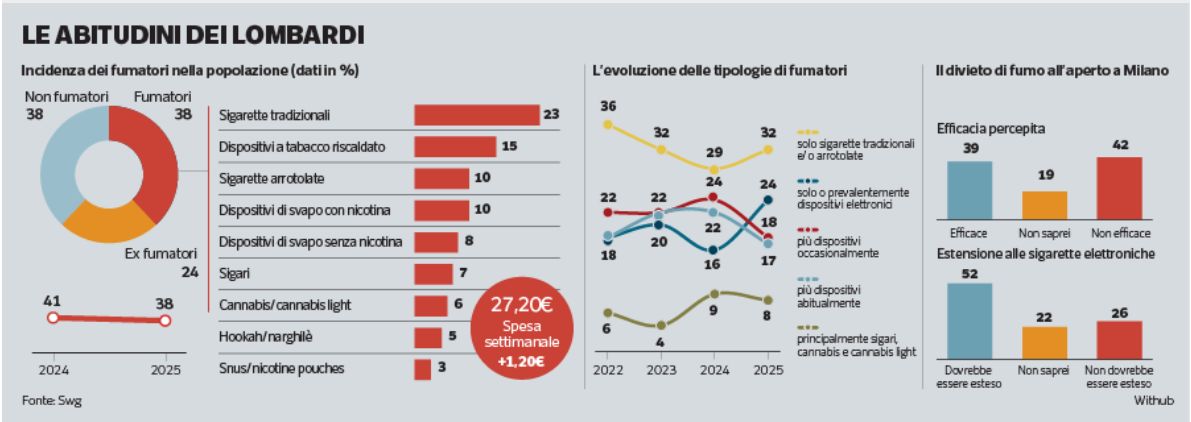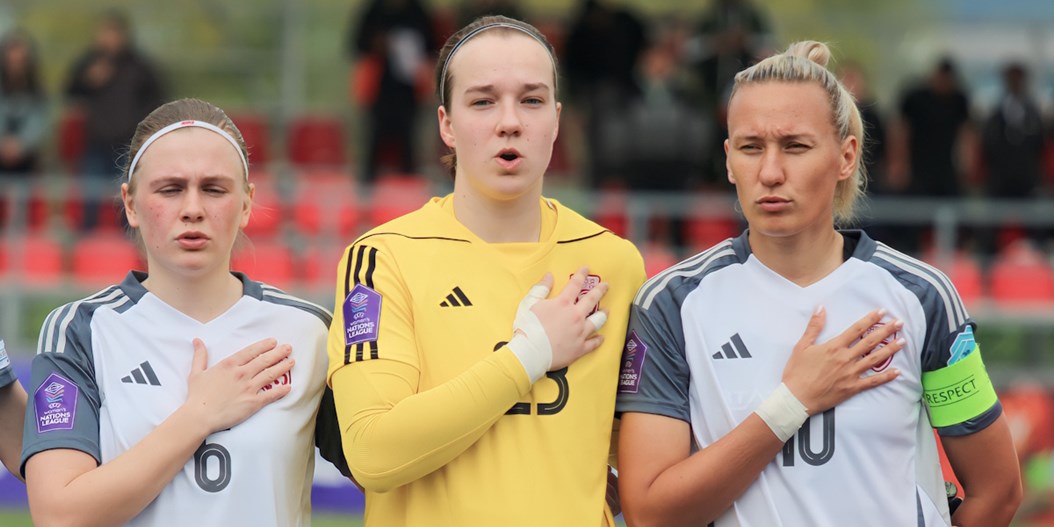A book offers a positive and meaningful strategy on how to say « no »

Vanessa Patrick is a teacher of marketing, business expert and researcher in the field of psychology. There are publications in scientific publications and media such as the New York Times, Wall Street Journal, Washington Post and more. He is the author of the book « The Power to Say No » (2023), which days ago came out in Bulgarian with the logo of Ciela Publishing House.
The focus on the exploration is the art of saying « no ». Vanessa Patrick introduces the term « empowered refusal » to facilitate anyone who wants to uphold their principles more clearly both professionally and personal.
| « I hope this book will offer you a unique, positive and meaningful strategy for saying no by giving you a support frame of empowered refusal – a new purposeful way of thinking and a set of competences you need to express your effective, where you can, so that it is, so that it is. » Comes in a new place filled with opportunities, personal satisfaction and meaning, « says the author of » The Power to Say No. « |
Dnevnik publishes an excerpt from the introduction to the study by the US explorer provided by Ciela.
From the « power to say no » by Vanessa Patrick
Introduction
I spent my twenty -fourth birthday alone in the office, staring at the fax. The office was a large open space with a rectangular shape, resolved in white and gray with red accents – I hope you can imagine it.
The recruits like me shared small cabins in the lower left corner. The older colleagues had separate cabins in the central part of the space to be far from the bustle. The fax was in a separate glass cabin in the upper right corner. It was the mid-1990s when India’s economy had just opened a business for the world. The fax was the tingling heart of the advertising agency, rhythmic pumping information to and from our customers from around the world.
Bernardo Stamateas’s « toxic emotions » (excerpt)
The same afternoon, our team had a routine conference meeting with a client. As the youngest among my colleagues, I was tasked with writing a summary of the meeting – the so -called. Protocol, to send it to the client’s fax, who had to return me to get me when he received the protocol. Both the agency and the client lived in the world « to tie their pants », where everything had to be documented in writing.
Without wasting my time, I got involved with the familiar task – I write a protocol, I show it to the boss for approval, I send it by fax and done! However, I had a birthday and organized a party at home for my friends and family.
I watched the watch eagerly, waiting for it to be 5:00 pm, ready to bear immediately to avoid the famous Mumbai traffic. I took my bag and I was going to leave when I felt that the tall bone figure of my boss was hanging over the screen of my cabin, as she was in the habit of doing. She left the office herself and asked me (in a casual tone) if we had received confirmation from the client for the fax protocol. I told her we weren’t.
She continued to the elevator, but suddenly turned. I smiled kindly because I thought he would say « to have a good time tonight » or « I wish you a wonderful party », but instead received an instruction: « Don’t leave until you received a fax confirming that the client had received the protocol. »
I froze straight into place. I swallowed my tongue. I had no strength to answer her.
The evening was going down, and I was waiting for the fax in question. I was sitting in front of the glass screen, staring behind it and waiting for the fax machine to spit out the white sheet of paper. From time to time I went into the glass cabin to check that I would not have blinked and missed the appearance of the leaf. By 7:00 pm, the office began to empty. I was considering leaving for me and going home, but I was afraid of the consequences … Will my boss understand? Could they be fired? What would my friends and family say if I lost my first real job?
« Strengthe your self -esteem » on Stefani Stall (excerpt)
I called home several times. My parents or one of my sisters – who picked up the phone, informed me which of the guests came, and with the advancement of the evening, and who ate dinner, who took goodbye and left, ordering to greet me for my birthday and apologize that it was late (it was still tuesday). At 9:30 pm the fax finally arrived. I took it from the fax machine, put it on the boss’s desk and went home.
Yes, so I noted my 24th birthday with two simple words: « Receive, thank you. »
—
Over time, my disappointment has faded, but that day opened my eyes to the harsh (sometimes) reality of service life, and especially for (often meaningless) a personal sacrifice that one has to make to be moved from an open space to his own office. The case awakened in me and curiosity and a deep desire to understand the complex and intricate ways in which people think, feel and act.
You may have assumed that after a while I moved to a new job, then to another, before I finally decide to dedicate myself to my doctoral dissertation at South California University. There I felt in my own waters and today I enjoy intellectual life as a teacher at the University of Husten. This is a job I love and I am convinced that I was born for her!
Today, my life revolves around science: I do science with my research, spread science, teaching and writing, learning scientific knowledge, reading a lot and learning from the experiences of others. At the center of my research, all the years stands the topic of taking power over our lives and individualistic capacity, a topic that – I will admit – I am interested in that distant day when I was completely unprepared and made me miss my own birthday to do one, as I call it in the book. «
Francis Kirp’s « mutations » (excerpt)
I shudder even just by writing this and I am experiencing that situation again. However, it was also the day when I decided never to let something like that happen to me again – to me or someone else, if I could help him.
—
It’s been a little more than a decade since, together with my PhD student, and today, a longtime associate Henrik Haghtvers, we have come up with the term « empowered refusal ». We used this term in our research articles to describe the exceptional ability to say « no » in a way that is firm and does not provoke opposition from others. The empowered refusal is a way of saying no that reflects your unique identity.
In this book, we will look at the nature of the empowered refusal, what makes it an effective way to say « no » and what are the three skills that one must develop in order to give an empowered answer « no ».
For now, however, I will only say that the empowered refusal overcomes our innate difficulty to say « no » because:
• is a reflection of our identity and expresses our values, priorities and preferences (our « does not » concern us, not the other person);
• expresses conviction and determination (sounds empowered and confident);
• It is categorical and does not cause opposition (so your relationship with the asker is guaranteed and your reputation is spotless).











